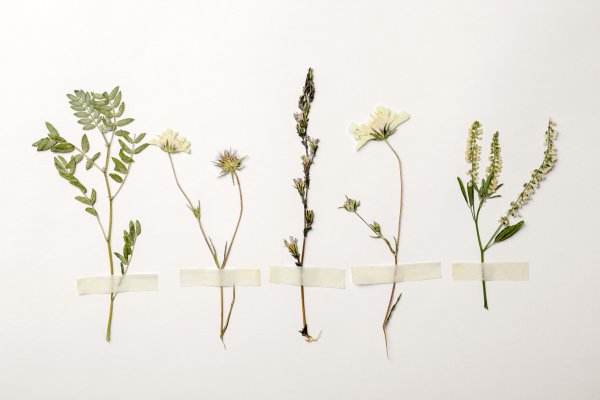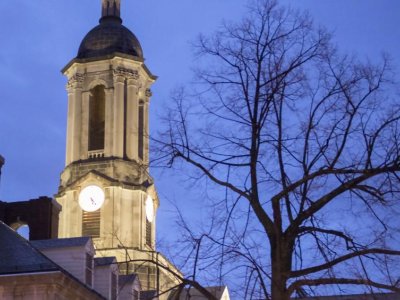Understanding the role that microbial communities play in biological invasions is an emerging challenge in invasion science. In this project, we will use metagenomic data from natural history collections of invasive plants as a novel means to understand the microbial ecosystems associated with plant invasion. Mined from leaf tissue from ~800 herbarium specimens of blue mustard (Chorispora tenella), an invasive and agricultural weed of western North America, we will use microbial DNA as evidence of how microbial ecosystems and their relationships with plants have been affected by global change over the last century. We will ask, 1) how do microbiomes change with plant invasion? 2) how do invading plants adapt to novel microbiomes? and 3) does the spread of microbial species prime a habitat for plant invasion? Cautiously interpreted with proper controls, these specimens will represent a georeferenced time-series of genomic data from plants and plant microbiomes. In particular, we will investigate Pseudomonas spp. that can have commercially important effects on crops in the Mustard family. The impact of global change on microbial communities represents a fundamental gap in our understanding of the biological systems upon which humans rely.
Resulting Funding
Evolutionary genetics of genotype-by-environment interactions for complex traits, National Institutes Of Health, Project Number 5R35GM138300-03, Contact PI/Project Leader, LASKY, JESSE, $365,235.
Researchers
Kathryn Turner







